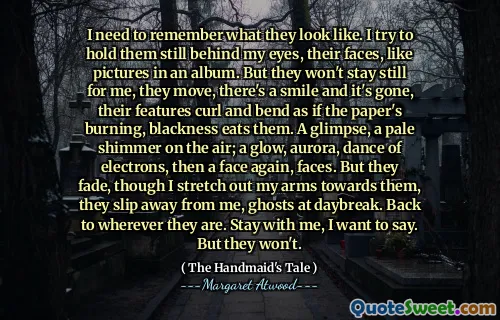"The Handmaid's Tale" is a dystopian novel set in a theocratic society called Gilead, where women are stripped of their rights and divided into strict social classes. The story follows Offred, a Handmaid whose sole purpose is to bear children for the ruling elite. The narrative explores themes of power, control, and gender oppression while revealing the brutal realities of life under a totalitarian regime. Offred's memories of her past life contrast sharply with her current existence, emphasizing the loss of freedom and autonomy.
The novel delves deep into the psychological impact of living in such a repressive environment. Offred grapples with her sense of identity and agency while navigating the dangers of a society that views women merely as vessels. Through her internal struggles, the book raises critical questions about the nature of freedom and the consequences of complacency in the face of oppression.
Margaret Atwood's poignant writing style brings to life the stark realities of Gilead, highlighting the resilience and strength of women even in the most oppressive circumstances. "The Handmaid's Tale" serves as a powerful warning against the dangers of fanaticism and the importance of safeguarding individual rights, making it a timeless piece relevant to contemporary discussions on autonomy and gender equality.
Loading...
More »
Today Birthdays
1887 -
Robinson Jeffers
1864 -
George Washington Carver
1936 -
Stephen Ambrose
1953 -
Pat Benatar
1949 -
George Foreman
1945 -
Rod Stewart
1936 -
Robert Woodrow Wilson
1938 -
Donald Knuth
1974 -
Hrithik Roshan
1956 -
Antonio Munoz Molina
1980 -
Sarah Shahi
1936 -
Al Goldstein
1939 -
David Horowitz
1955 -
Michael Schenker
1986 -
Abbey Clancy
1959 -
Chris Van Hollen
1989 -
Emily Meade
